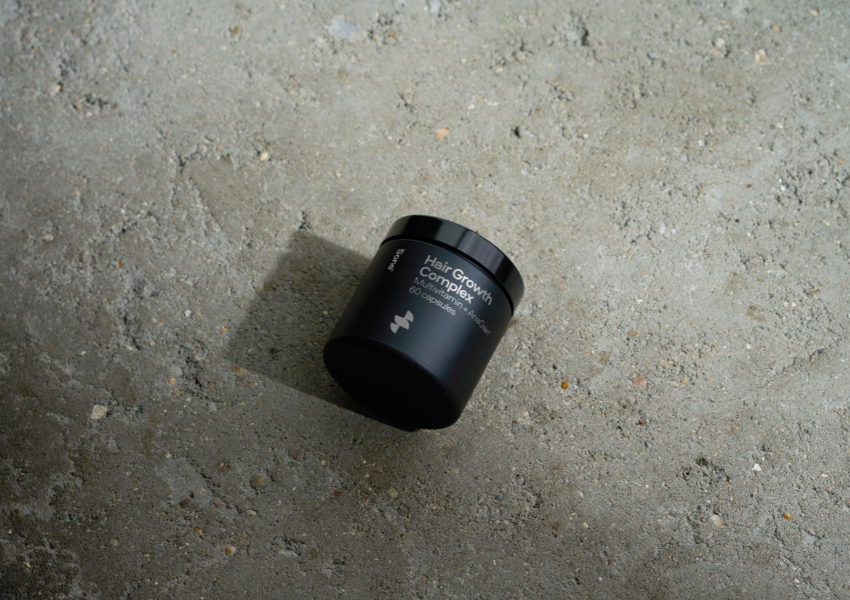As we all know, a well-balanced diet is the key to achieving a high standard of health, and hair isn’t any different. Various studies have shown that particular nutrient and vitamin deficiencies can speed up the rate of hair loss and dent your chances of achieving regrowth. In this blog, we look deeper into some of these common deficiencies and how they could contribute to hair loss. Let’s get to it.
Biotin (Vitamin B7)
Keratin - an essential protein produced by the body - is one of the building blocks of healthy hair. Its production is closely linked to biotin, otherwise known as vitamin B7, and a deficiency will lead to more brittle and structurally weaker hair.
Increasing the amount of biotin in your diet is therefore vital. In fact, it’s been scientifically proven that biotin consumption and supplementation can enhance keratin infrastructure within the body and improve hair health. Thankfully, the vitamin is found in various foods, such as avocado, eggs and bananas, and some hair loss treatments also include biotin supplements.
Iron
Iron plays a pivotal role in cultivating a healthy head of hair. With a deficiency in iron, your body will struggle to create haemoglobin in the blood: a protein responsible for delivering oxygen to cells, including those that energise hair growth. The result? The potential for accelerated hair loss. As with the other nutrients on this list, there are plenty of sources of iron in a well-balanced diet, including nuts, dried fruit and red meat, while iron supplementation also remains popular.
Various studies support the conclusion that iron deficiency and hair loss are intricately linked, but, unlike biotin, more research is needed to determine the extent of this relationship.
Vitamin D
Vitamin D is another nutrient crucial to maintaining healthy hair structure. Studies have indicated that vitamin D deficiency can impact the hair growth cycle, with the vitamin playing an essential role in facilitating the growth of keratinocytes.
Concerningly, a 2022 governmental review found that one in six adults in the UK suffers from vitamin D deficiency. Not only could this deficiency result in more excessive hair loss, but it also leads to other health problems, including bone pain and prolonged fatigue.
The good news is that vitamin D can be consumed from many different sources, including oily fish, red meat and egg yolks, as well as direct sunlight. While some studies have indicated that healthy vitamin D levels can reduce the chances of hair loss occurring, more concrete research is needed.
Finding the appropriate treatment for you
Taking action on your hair loss early is pivotal for your chances of success. With a free Sons consultation, you’ll be connected to an independent prescriber who can suggest a treatment plan appropriate for your hair.
All of our blog articles are reviewed by our Medical Director before publication.







